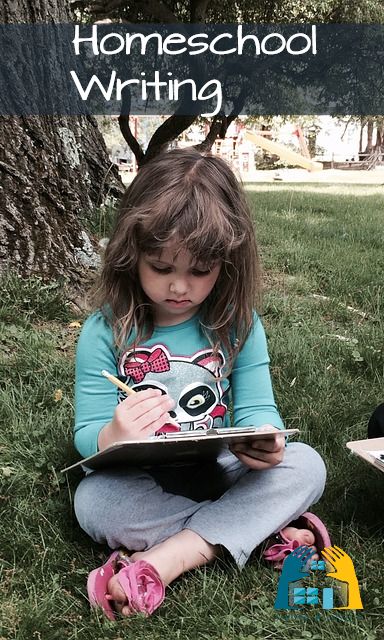Discover Waldorf A Holistic Approach to Parenting Bliss
Embrace Waldorf Parenting: Nurturing Children’s Creative Spirits
In the realm of parenting, the Waldorf approach stands out as a unique and holistic philosophy that goes beyond traditional methods. This method, based on the teachings of Rudolf Steiner, places a strong emphasis on nurturing a child’s creative spirit and fostering a harmonious connection with nature.
Waldorf Foundations: A Holistic Approach to Parenting Bliss
At the heart of Waldorf parenting is the belief in a child’s natural development and the importance of integrating arts and creativity into daily life. The Waldorf philosophy extends beyond the classroom, emphasizing the significance of creating a balanced environment at home that aligns with the child’s developmental stages.
Nurturing Imagination: Waldorf Parenting Unveiled
Waldorf parenting prioritizes the cultivation of a child’s imagination. In a world often dominated by technology, this approach encourages hands-on play, storytelling, and exposure to natural materials. By limiting exposure to electronic devices, Waldorf parents aim to protect the sanctity of childhood, allowing imagination to flourish.
Holistic Harmony: Waldorf Parenting Secrets Revealed
The holistic nature of Waldorf parenting extends to all aspects of a child’s life. From nutrition to daily routines, emphasis is placed on creating a harmonious and nurturing environment. This includes providing organic, wholesome foods and establishing daily rhythms that promote a sense of security and predictability.
Unveiling Waldorf: A Guiding Light in Parenting
Waldorf parenting is not just a set of rules; it’s a guiding light that recognizes the individuality of each child. The approach encourages parents to observe and understand their child’s unique temperament, fostering an environment that supports their emotional and spiritual growth.
The Art of Waldorf Parenting: Cultivating Well-Rounded Individuals
True to its roots, Waldorf education emphasizes the arts as a fundamental aspect of learning. In the realm of parenting, this translates to incorporating artistic activities into daily life, such as drawing, painting, and crafting. These activities are not just for creative expression but serve as tools for cognitive development.
Waldorf Wisdom: A Gentle Path to Parenting Success
The Waldorf approach encourages gentle guidance rather than strict discipline. Rather than punitive measures, the emphasis is on understanding a child’s behavior and addressing the underlying needs. This gentle path fosters a sense of trust between parent and child, creating a secure foundation for emotional growth.
Embracing Waldorf Principles for Holistic Parenting Joy
Waldorf parenting is rooted in a set of principles that guide parents on the journey of raising well-rounded individuals. These principles include creating a simplified and uncluttered environment, fostering a connection with nature, and encouraging free play. By embracing these principles, parents can find joy in the simplicity of parenting.
Unlocking Waldorf Magic: A Parenting Journey Begins
For those new to Waldorf parenting, the journey is a gradual unfolding of magic. It’s about rediscovering the joy in simplicity, fostering creativity, and embracing the unique qualities of each child. It’s a journey that encourages self-reflection and a mindful approach to parenting.
Nurturing Souls: The Waldorf Approach to Parenting
In essence, Waldorf parenting is about nurturing not just the



64be9b29b5881.jpg)



